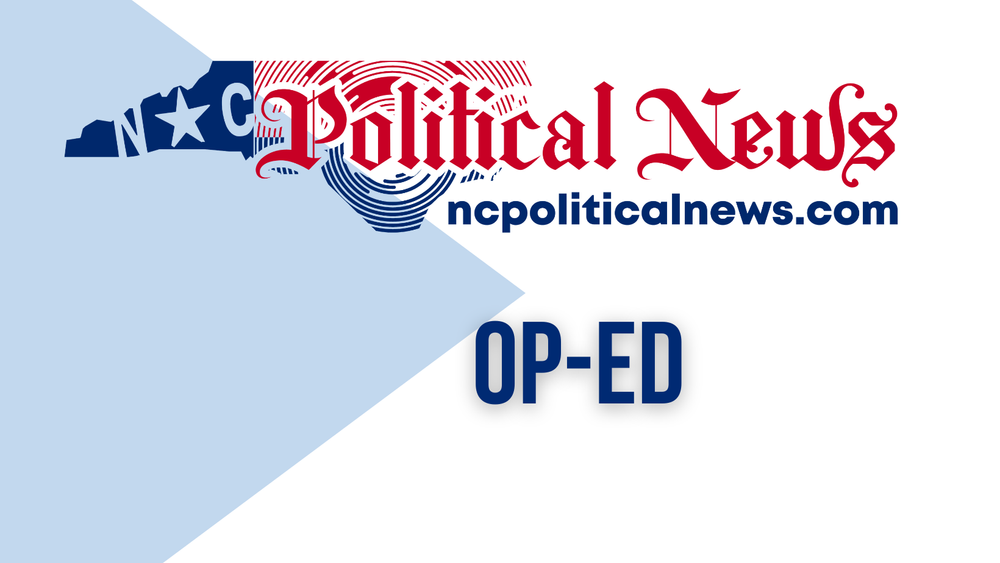Op-Ed: Sowell laments progressives' history of certainty, dismissiveness
By Mitch Kokai, John Locke Foundation
Progressives differ in substantial ways from those who carried the same political label 100 years ago.
But some themes remain consistent in Progressives’ approach toward policy disputes. Gastonia native Thomas Sowell describes a counterproductive piece of the Progressive mindset in his latest book, “Social Justice Fallacies.”
In a chapter dealing with race, Sowell reminds us that a “central tenet” of early 20th-century Progressivism involved “genetic determinism.” That was the belief “that less successful races were genetically inferior.”
By the close of the 20th century, “Progressives with similar views on such other issues as the role of government, environmental protection, and legal philosophy, now took an opposite view on racial issues,” Sowell writes. Rather than being inherently inferior, members of less successful racial groups “were now seen as being automatically victims of racism.”
“The conclusions were different, but the way evidence was used and the way contrary views and contrary evidence were disregarded, was very similar,” he adds.
“Both sets of Progressives expressed utter certainty in their conclusions — on this and other subjects — and dismissed critics as uninformed at best, and confused or dishonest at worst,” writes Sowell, who at 93 has been studying these issues longer than many of today’s most vocal Progressives have lived.
With his economist’s eye, Sowell digs beneath the headline numbers about differences between white and black Americans in household income and other objective measures. Yes, whites tend to outpace blacks. But that fact ignores important information.
For instance, some counties in rural Kentucky, “more than 90 percent white,” have median household incomes today that are “not only less than half the median household income of white Americans in the country as a whole, but also thousands of dollars less than the median household income of black Americans in the country as a whole.”
Clearly, residents of these counties do not lag behind their neighbors because of racism. Other factors must play a role.
The Kentucky example does not disprove the argument that racism affects differences between whites and minority groups. But racism can’t be the only factor. More investigation would identify other causes.
Sowell laments that Progressives have proved unwilling to subject their ideas to serious scrutiny. “The most fundamental problem with the conclusions reached by the genetic determinists … and the opposite conclusions reached by Progressives of a later era — was in the way they used empirical evidence,” he writes.
“Progressives in each era began with a preconception, and ended their examination of evidence when they found data which seemed to fit their preconception,” he explains. “Such a procedure may be enough to supply talking points. But, if the goal is to find the truth, the search must continue, in order to see if there are other data that conflict with the initial belief.”
Today’s readers might be shocked to learn that those who led the crusade for genetic determinism “were not ill-educated, lower-class people. They included some of the most intellectually prominent people of that era,” Sowell writes.
Professor Edward Ross, a founder of the “profession of sociology in the United States,” referred to “us liberals” speaking up “for public interests against powerful selfish private interests,” Sowell informs us. Ross “denounced those who disagreed with his views as unworthy ‘kept’ spokesmen for special interests, a ‘mercenary corps’ as contrasted with ‘us champions of the social welfare.’”
Such sentiments should sound familiar to those who deal with today’s Progressive left.
“That different people have different beliefs is hardly unusual in the history of human beings,” Sowell writes. “What is unusual — and dangerous — is (1) the extent to which such beliefs prevail without being subjected to tests of either facts or logic, and (2) the extent to which people who present empirical evidence counter to prevailing beliefs are met with ad hominem denunciations and with efforts to suppress their evidence, by means ranging from censorship to violence, especially on academic campuses.”
Sowell seeks to dispel myths about racial differences. He could have cited the same aggressive opposition to robust debate in other contexts: climate change and green energy, gender-related issues, and election integrity measures among them.
Sowell worries about more than just particular people or viewpoints targeted for abuse. “These are dangers to the basic functioning of a free society of fallible human beings, whose differing beliefs must be put to some test,” he writes. “Otherwise, a free society can either destroy freedom or destroy itself in internal conflict.”
That destruction has “happened all too often, in all too many places, over the centuries,” he warns. It’s a warning all supporters of the free flow of ideas should consider carefully.
Mitch Kokai is senior political analyst for the John Locke Foundation.
Are you tired of being bombarded by paywalls and pop-up ads when trying to read the news? Do you believe that access to reliable political news should be free and accessible to everyone? Then we urge you to support NC Political News, a weekly electronic political news outlet.
NC Political News is committed to providing high-quality, unbiased political reporting with columnists from all political sides. Unlike other news outlets, NC Political News is free to read and supported by businesses who purchase ad space on our website and in our newsletter, which goes out Monday through Friday at 7:00 am. This means that readers like you can access the news without being asked to pay a cent or dealing with frustrating advertisements.
However, to continue providing this valuable service, NC Political News needs your support. If you believe in the importance of accessible, free news, we urge you to click the image below. Any amount of support is appreciated.
Together, we can keep the news free and help ensure our state stays informed and connected.




